J&J halts trials after a participant falls ill. This shows why developers must not cut corners under political pressure
Before there is a sense of desolateness, let’s go by certain facts. First, vaccine trials are a time-consuming process of trial and error, of meticulous checks and balances and a constant re-assessment of risks and formulaic tweaks if any to ensure that the final product is safe and effective for the human body. Second, there are a lot of vaccine candidates being tested at various advanced stages of trials with encouraging outcomes so far and there is no reason to lose hope. Which is why Union Health Minister Harsh Vardhan said that India would have a vaccine for the novel Coronavirus from maybe more than one source by early next year. Currently, two indigenously-developed vaccine candidates, one by Bharat Biotech in collaboration with ICMR and the other by Zydus Cadila Ltd, are in phase II of the human clinical trials. The Pune-based Serum Institute of India, which has partnered with AstraZeneca for manufacturing the Oxford Covid-19 vaccine candidate, is conducting phase II and III human clinical trials. So though pharma major Johnson & Johnson (J&J) has halted clinical trials of its variant after a participant fell ill, probably slowing down US President Donald Trump’s ambition of rolling out a vaccine commercially before the November polls, there is still hope. The company said that the participant’s illness is being evaluated and that it would share more information after a further study into the cause for the adverse reaction to the trial vaccine. This comes on the back of British pharmaceutical firm AstraZeneca stopping its vaccine tests after a volunteer fell sick. Though the tests have resumed in a number of other nations like UK, Brazil and South Africa, they are still on hold in the US for further scrutiny. Why people are upset about J&J’s sudden halt is because it is among a small group of vaccine makers which has progressed into final-stage human studies. The firm is dosing thousands of volunteers in the first big trial of a Covid-19 inoculation that may work after one shot. Others probably need more than one.
Though J&J is in a mad race to find the silver bullet along with rival drug firms from around the world, both scientists and the healthcare fraternity have time and time again cautioned that pharmaceutical companies must balance time pressures with safety considerations in the crucial last stage of testing. And the fact that two of the frontrunners for the vaccine have halted work on their samples is actually a good sign that developers are not throwing caution to the wind in order to claim the highest price that awaits the one who comes out with the vaccine first. Plus it is a sign that companies are not giving in to political pressure that they are under to deliver a cure fast as the contagion continues to spread and sicken people and economies. No compromises can be made to meet the improbable timelines that are being set by Governments keen to reassure their citizens. Developmental processes that usually take years have been compressed into months, raising genuine concerns over the safety and efficacy of the quick fix shot that will come out eventually. However, the people’s faith in the vaccine that comes out eventually will be vital if health authorities hope to be able to convince millions globally that they must get a shot. That’s why developers have publicly pledged not to compromise on any scientific requirements for the vaccine. Microsoft co-founder Bill Gates gave voice to people’s concerns when he said that normalcy would return to the world “when we have not the first generation of vaccines, but one that is super-effective and widely available. Only then all the problems created by Covid-19 can be solved.” Then there is the politics of distribution, what with rich nations having already booked the lion’s share of an expected rollout and poorer nations having to wait in the queue. For a country like India, it needs to ready a cold chain infrastructure real soon to preserve the vaccines so that they don’t lose their efficacy. In that case, normalcy will be a long time coming because we have not even got the first generation of vaccines yet. Till then prevention is the best cure.







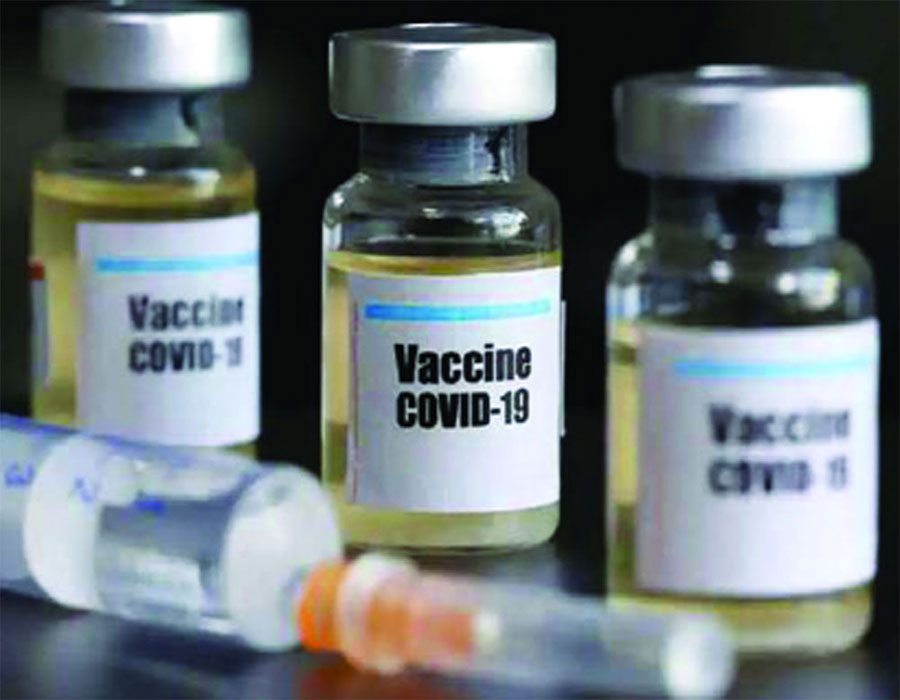
 OpinionExpress.In
OpinionExpress.In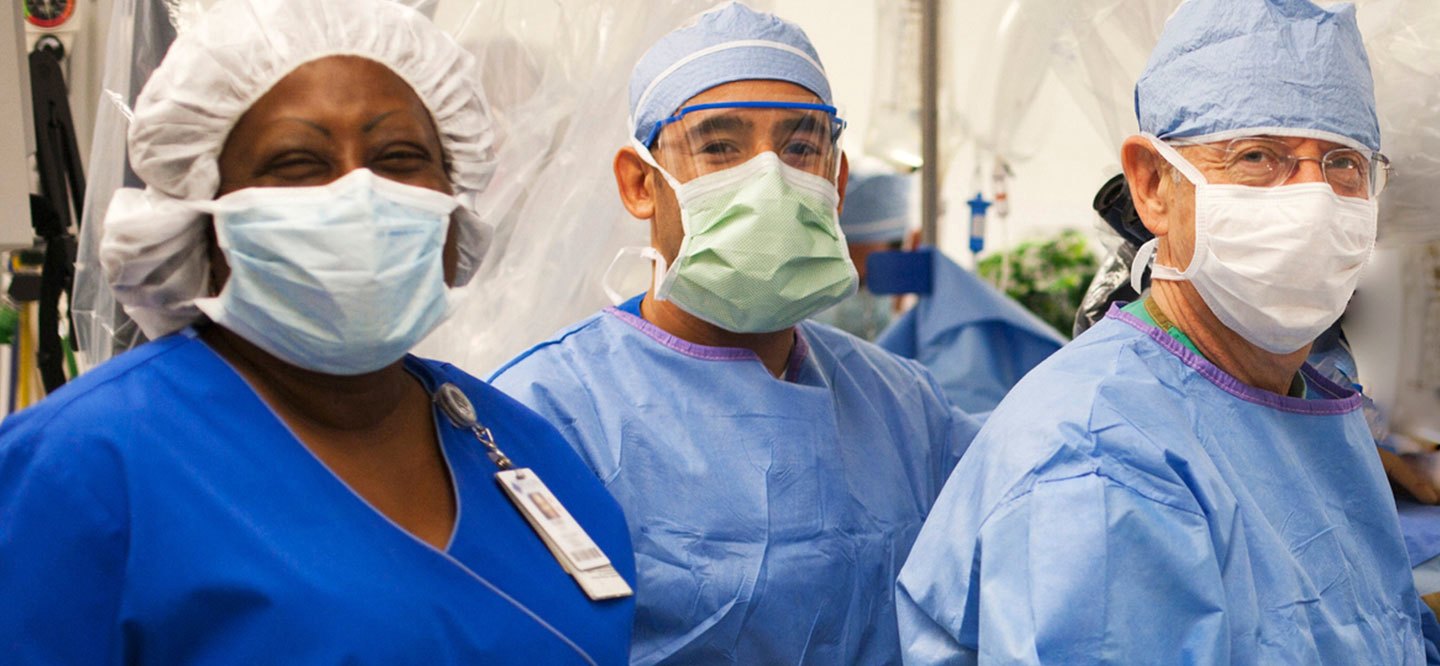
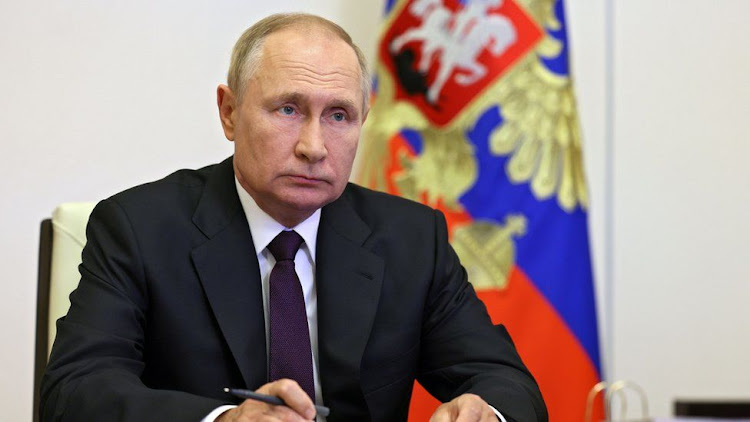

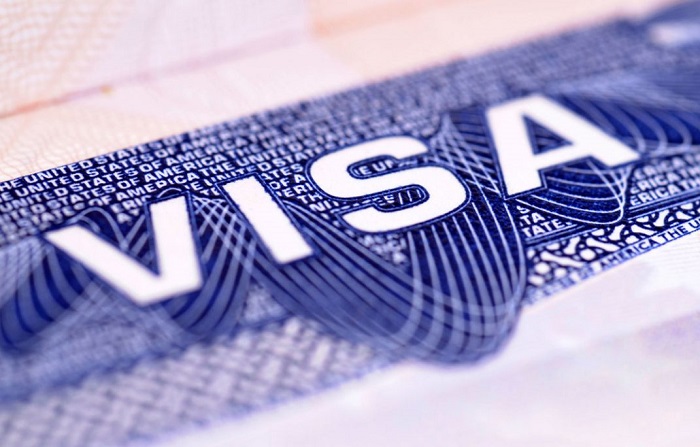
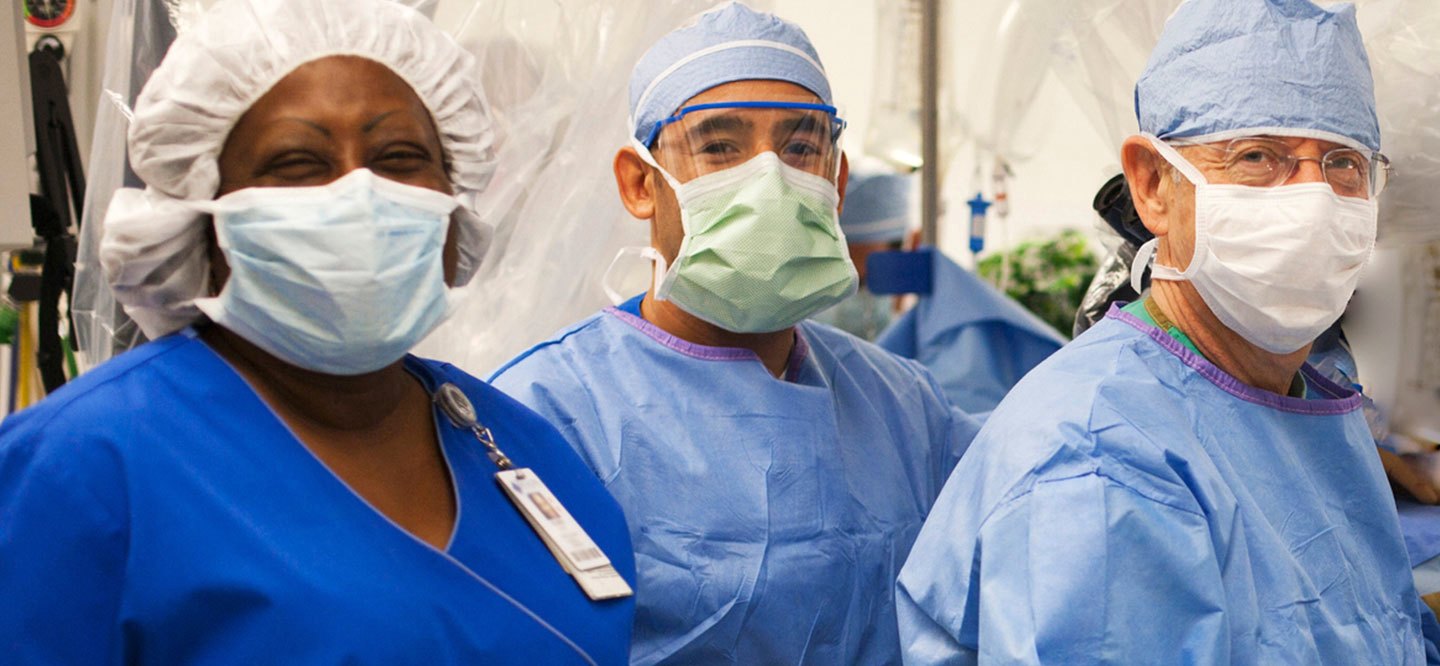
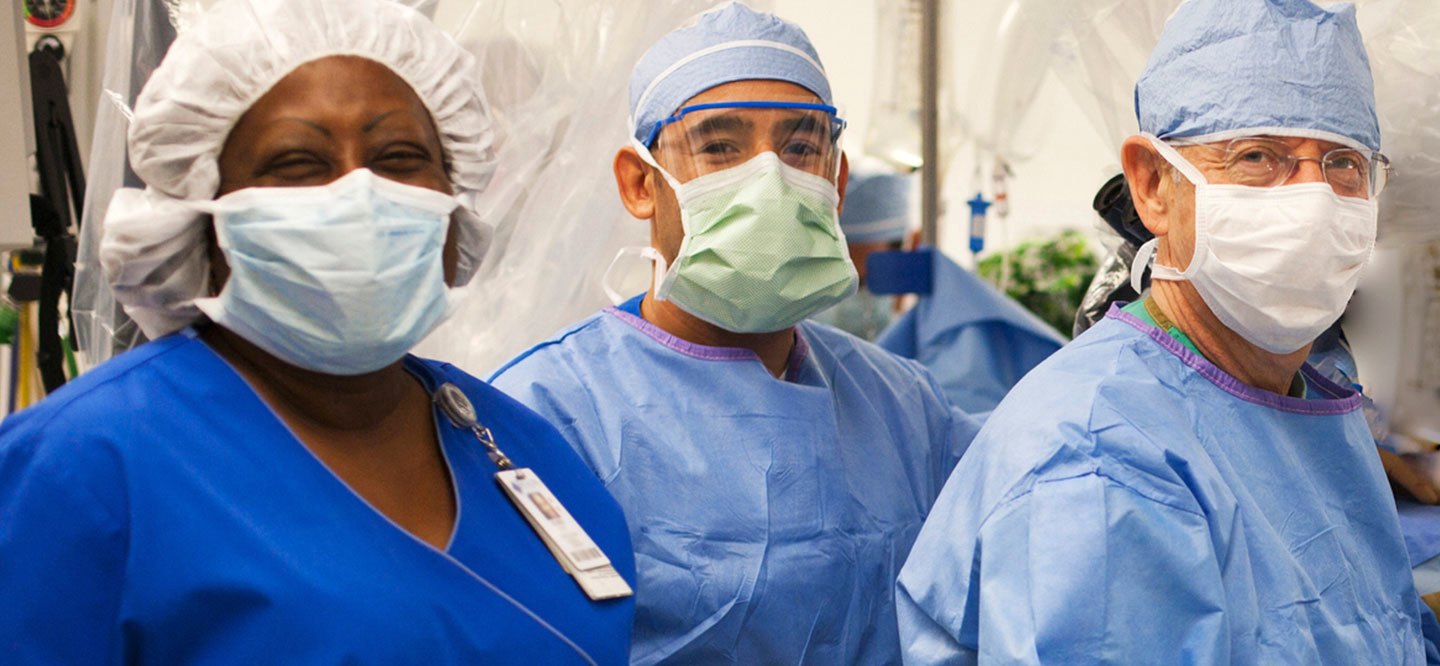

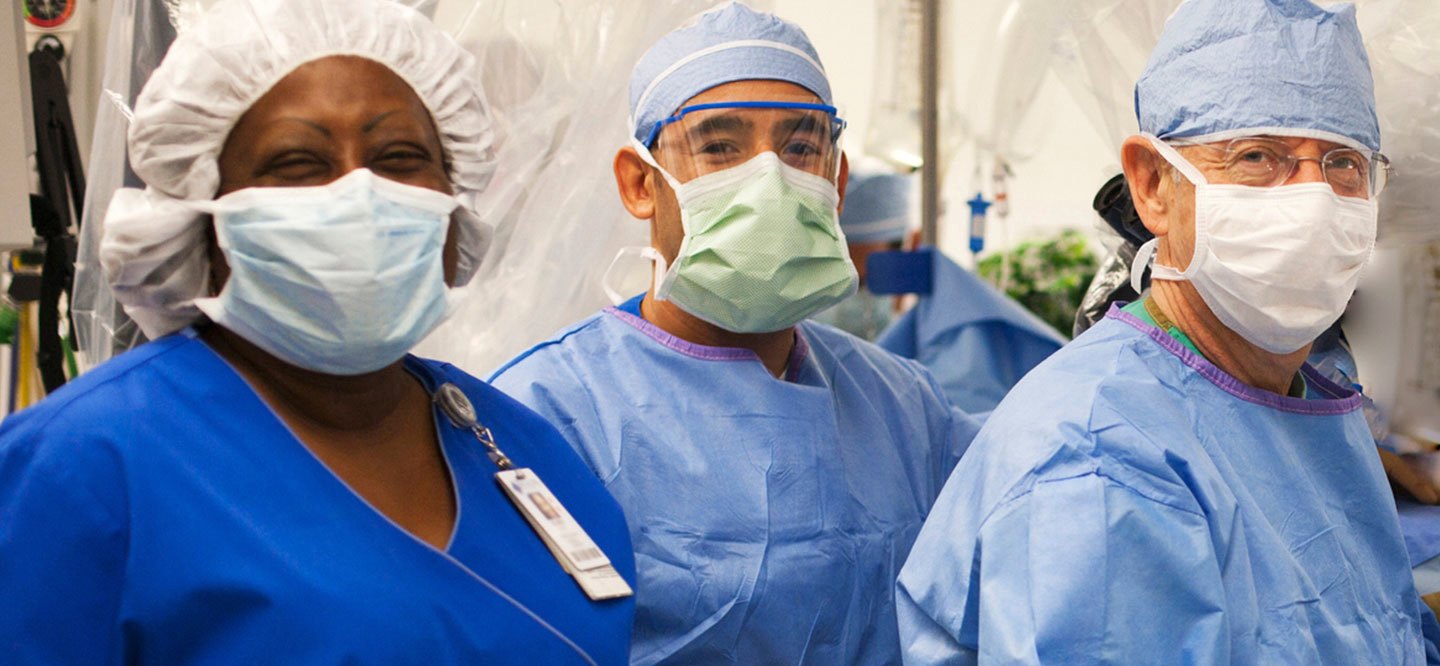
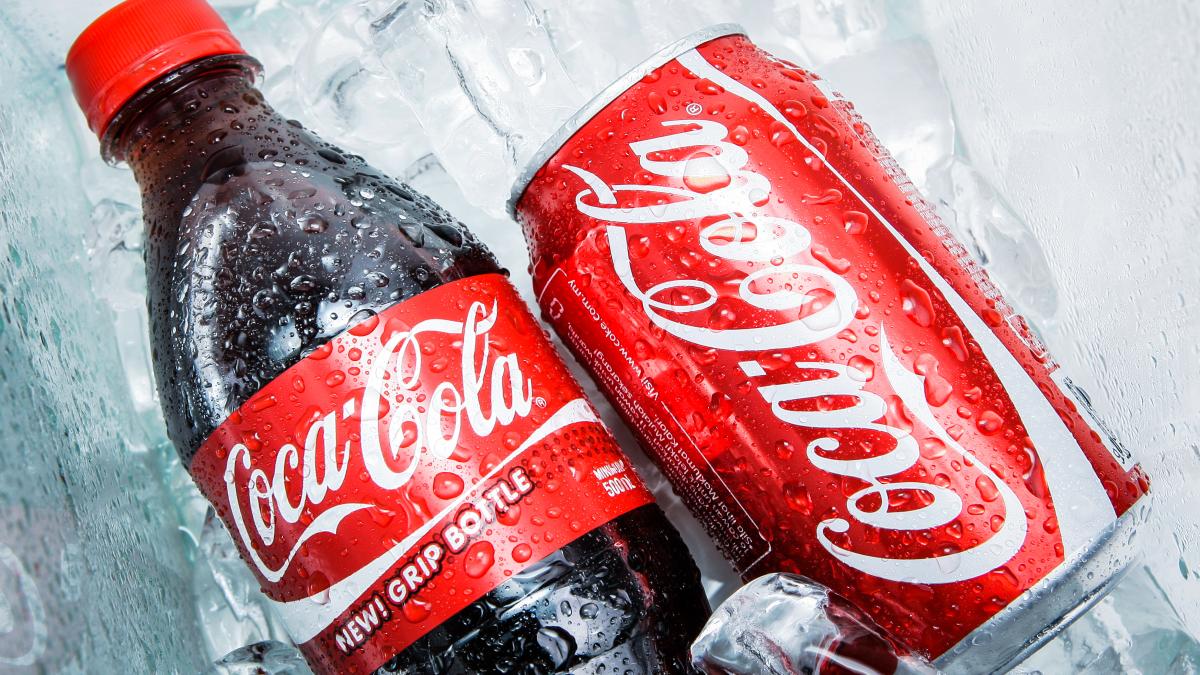







Comments (0)